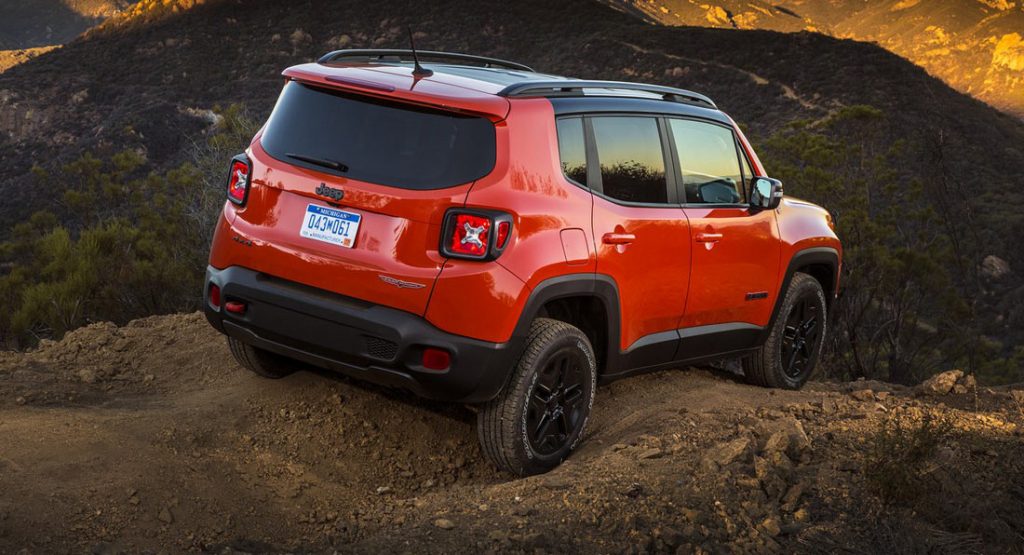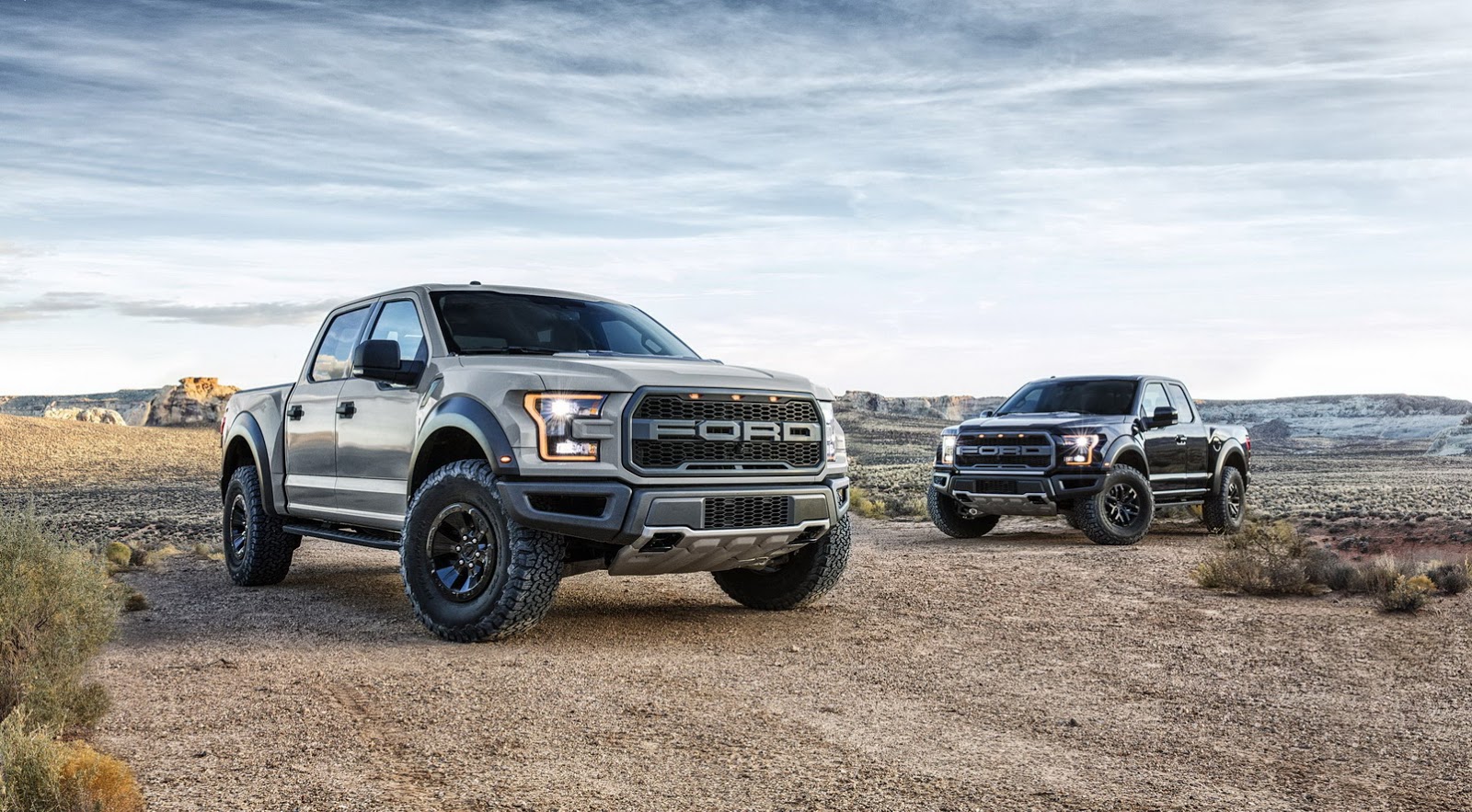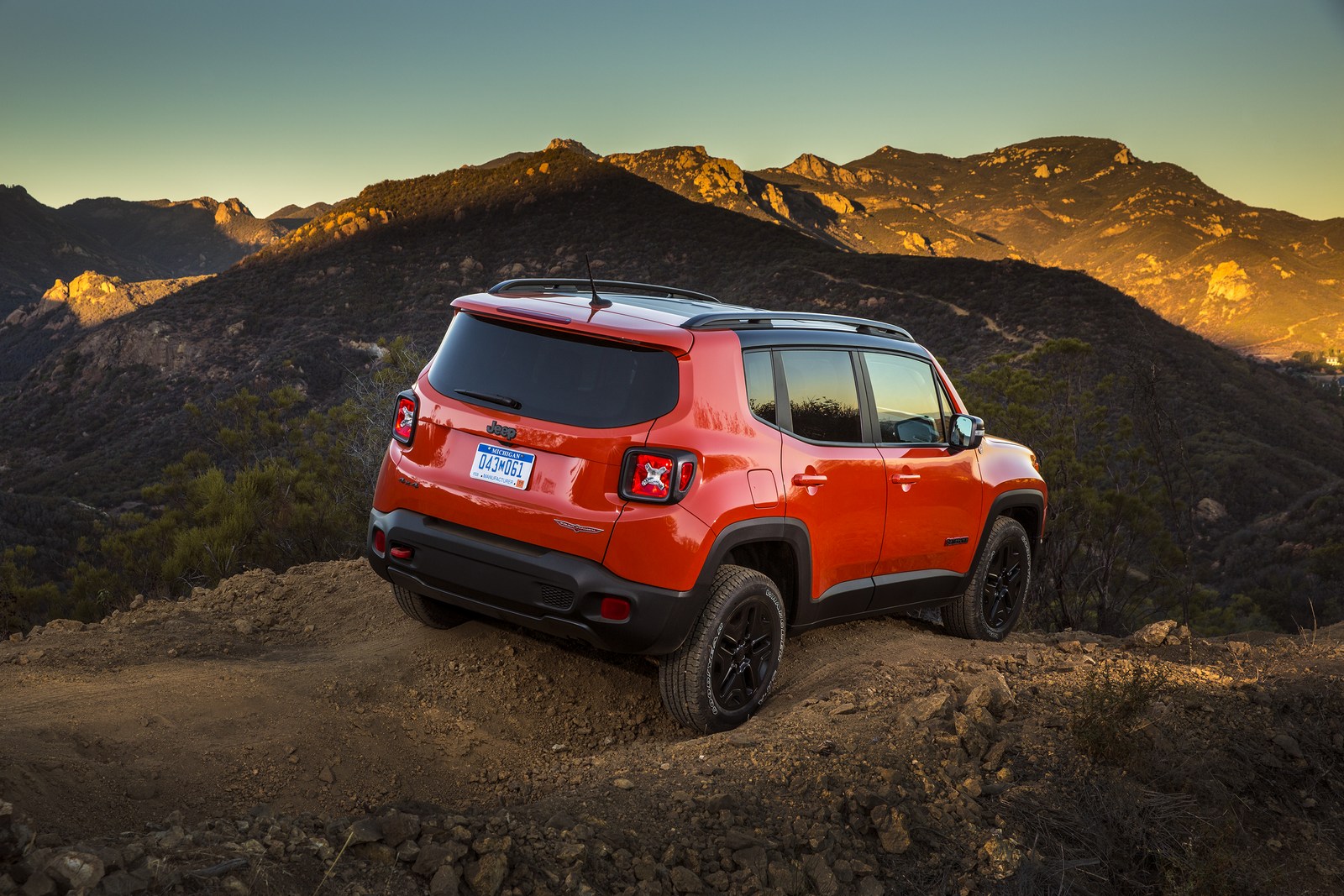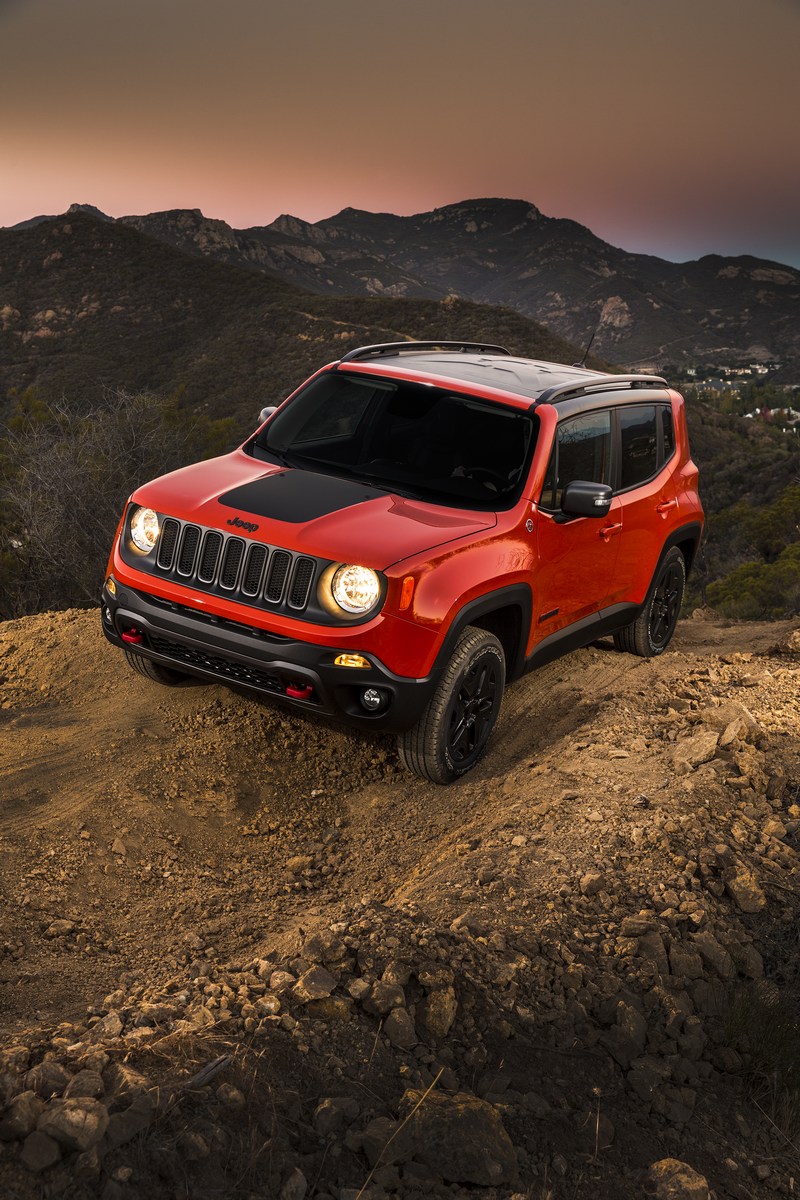President Donald Trump remains frustrated over the lack of American cars on Japanese streets but vehicular preferences in the Land of the Rising Sun don’t appear to be changing.
Trump, as well as the American Automotive Policy Council which represents U.S. carmakers, has complained about harsh rules effectively preventing cars from the U.S. being sold in Japan. In reality, as CNN reports, Japanese automakers also face harsh regulatory challenges.
Interestingly, it is also the United States that applies tariffs to cars brought in from Japan, not the other way around.
According to Tokyo-based automotive reporter Hans Greimel, the real challenge lies in the outdated perception among Japanese people that American cars aren’t well made.
“The image of American cars is that kind of 1970s floating boat image where the fit and finish is wrong, they guzzle gas and the cars are too big for the streets.”
Japanese consumers are also very comfortable buying home-grown cars, perhaps because it was their only option when the market was blocked off to foreign automakers for decades after World War II.
There’s also the matter of kei cars. These tiny vehicles are uniquely Japanese and not produced by any foreign firms. They represent roughly a third of all new cars sold in the country but due to their low profit margins they typically deliver, there’s little incentive for overseas brands to join in on the action.
If U.S. firms want to be successful, they need to be unique, according to vice president for business with LMC Automotive, Grant Faulkner. This is why Jeep has been well received by the Japanese.
“Jeep is something completely American but in a good way,” he said.






